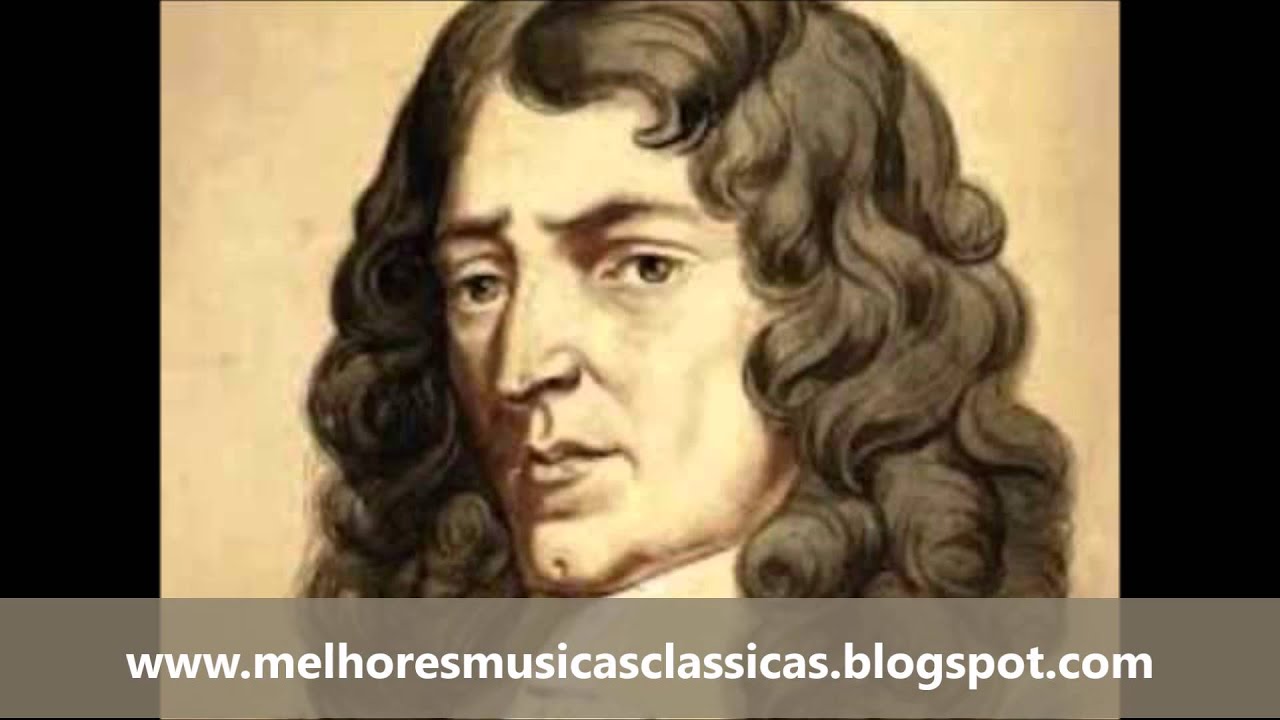
Marc Antoine Charpentier – Te Deum, Prelude
Marc Antoine Charpentier Te Deum, Prelude For more: http://www.melhoresmusicasclassicas.blogspot.com
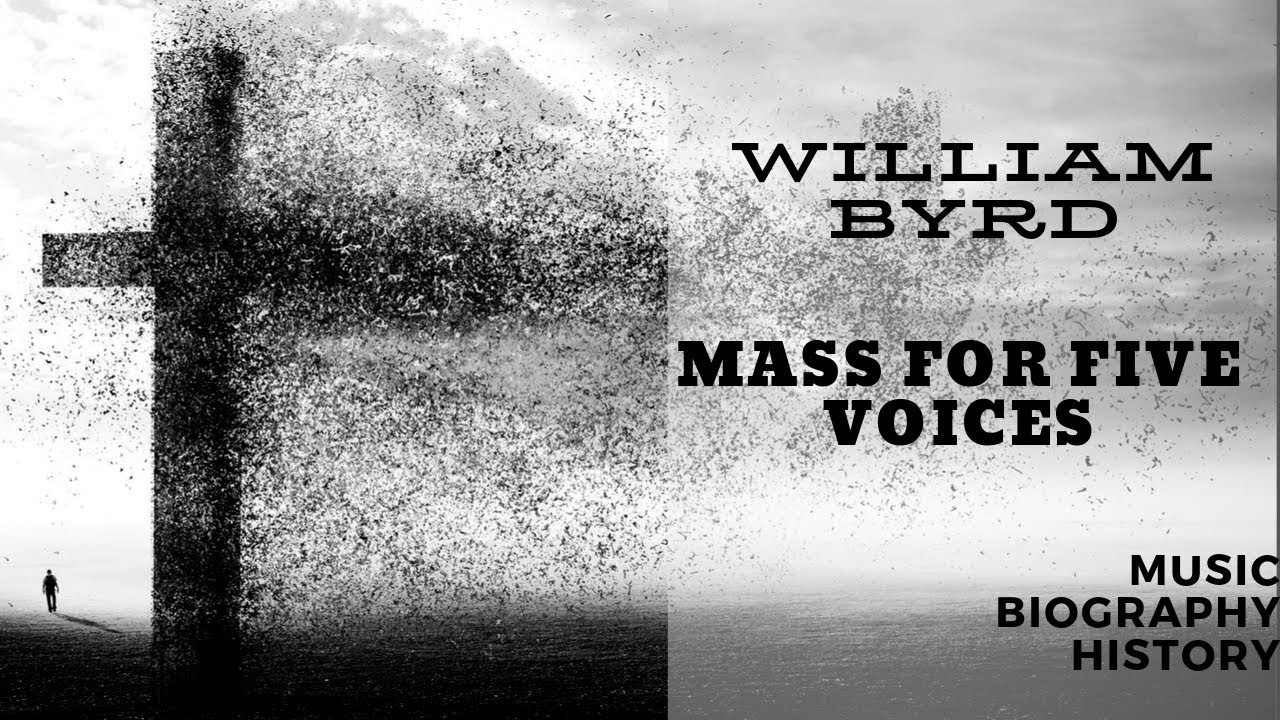
Byrd – Mass for five voices
William Byrd – Mass for five voices The Mass for Four Voices is a choral Mass setting by the English composer William Byrd (c.1540–1623). It was[…]
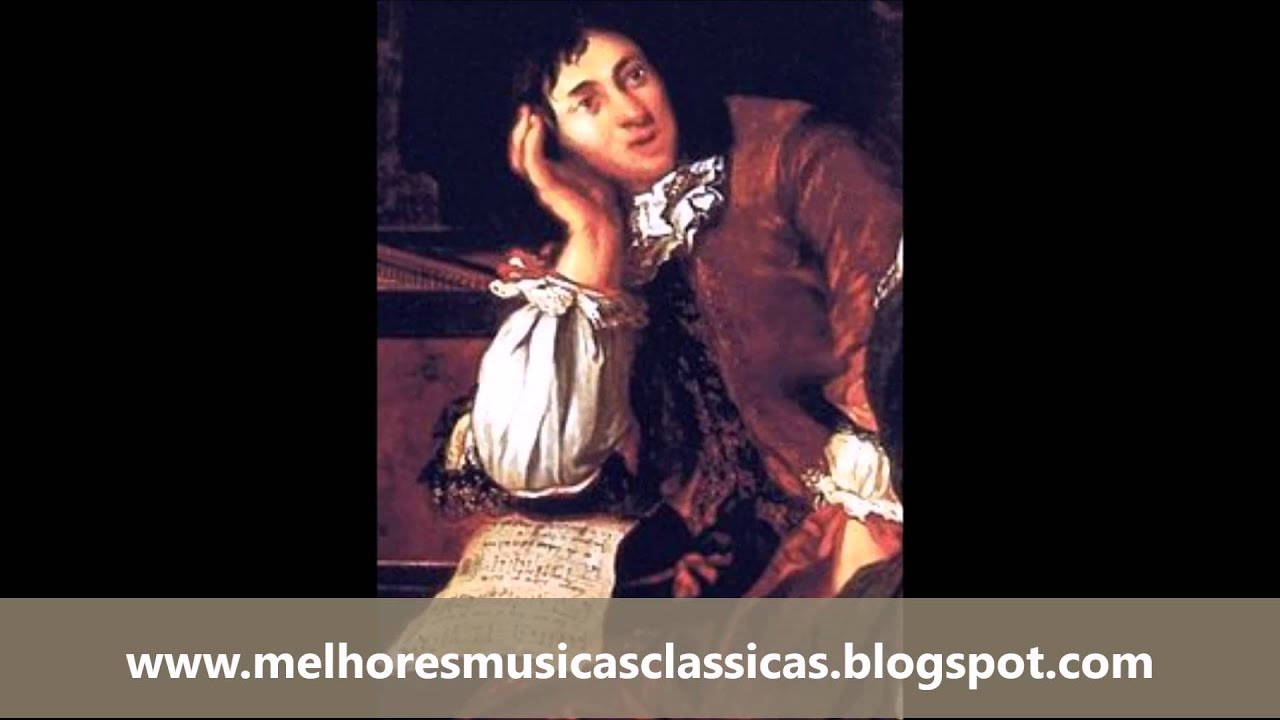
Dietrich Buxtehude – Prelude in C major, BuxWV 137
Dietrich Buxtehude – Prelude in C major, BuxWV 137 Dieterich Buxtehude (1637/39 – 9 May 1707) was a Danish-German organist and composer of the Baroque period.[…]
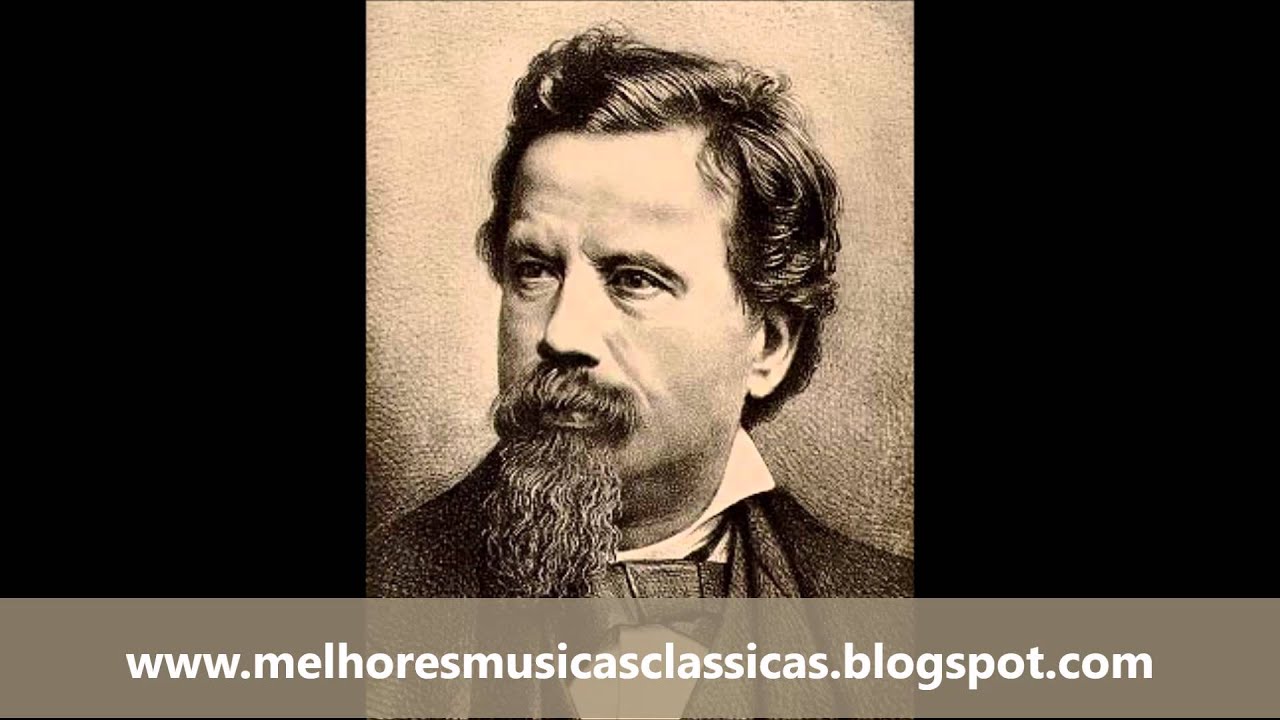
Amilcare Ponchielli – La Gioconda
Amilcare Ponchielli – La Gioconda Amilcare Ponchielli (31 August 1834 – 16 January 1886) was an Italian opera composer, best known for his opera La Gioconda.[…]
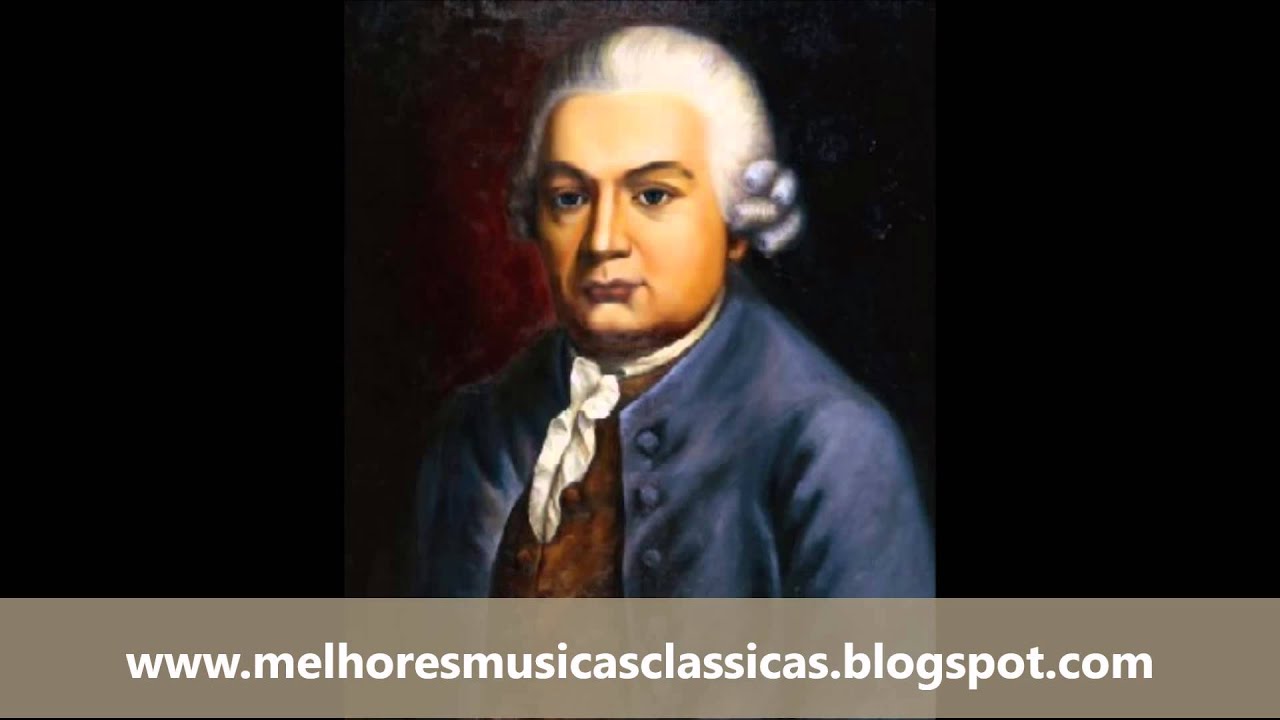
Carl Philipp Emanuel Bach – Concerto in G
Carl Philipp Emanuel Bach – Concerto in G Carl Philipp Emanuel Bach (8 March 1714 – 14 December 1788), also formerly spelled Karl Philipp Emmanuel Bach,[…]

Leopoldo Miguez – Noturno Op. 10
Leopoldo Miguez Noturno Op. 10 For more: http://www.melhoresmusicasclassicas.blogspot.com

Marin Marais – The Bells of St Genevieve
Marin Marais – The Bells of St Genevieve Marin Marais (31 May 1656, Paris – 15 August 1728, Paris) was a French composer and viol[…]

Otto Nicolai – The Merry Wives of Windsor
Otto Nicolai – The Merry Wives of Windsor Carl Otto Ehrenfried Nicolai (9 June 1810 – 11 May 1849) was a German composer, conductor, and one[…]

Conradin Kreutzer – Grand Septet, E flat major, Op. 62
Conradin Kreutzer – Grand Septet, E flat major, Op 62 Conradin Kreutzer or Kreuzer (22 November 1780 – Riga, 14 December 1849) was a German[…]

Pietro Locatelli – Cello sonata in D, from 12 Sonatas, Op. 6
Pietro Locatelli Cello sonata in D, from 12 Sonatas, Op 6 For more: http://www.melhoresmusicasclassicas.blogspot.com